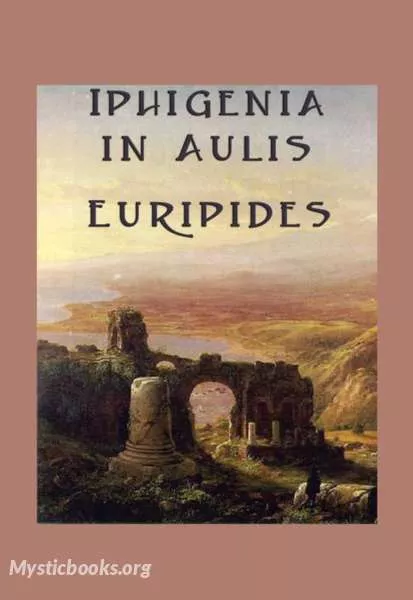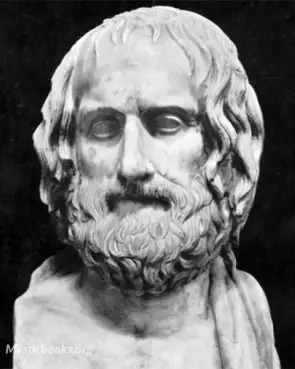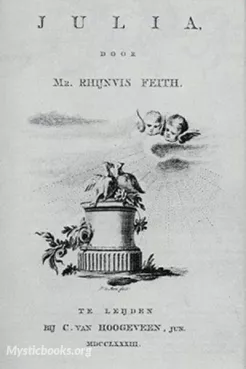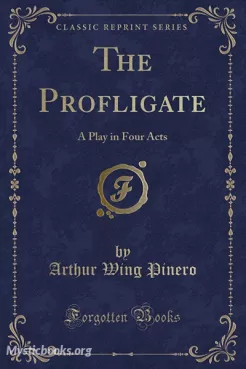
Iphigenia in Aulis
by Euripides
'Iphigenia in Aulis' Summary
At the start of the play, Agamemnon has second thoughts about going through with the sacrifice and sends a second message to his wife, telling her to ignore the first. Clytemnestra never receives it, however, because it is intercepted by Menelaus, Agamemnon's brother, who is enraged over his change of heart.
To Menelaus, this is not only a personal blow (for it is his wife, Helen, with whom the Trojan prince Paris ran off, and whose retrieval is the main pretext for the war), it may also lead to mutiny and the downfall of the Greek leaders should the rank and file discover the prophecy and realise that their general has put his family above their pride as soldiers.
The brothers debate the matter and, eventually, each seemingly changes the other's mind. Menelaus is apparently convinced that it would be better to disband the Greek army than to have his niece killed, but Agamemnon is now ready to carry out the sacrifice, claiming that the army will storm his palace at Argos and kill his entire family if he does not. By this time, Clytemnestra is already on her way to Aulis with Iphigenia and her baby brother Orestes, making the decision of how to proceed all the more difficult.
Iphigenia is thrilled at the prospect of marrying one of the great heroes of the Greek army, but she, her mother, and the ostensible groom-to-be soon discover the truth. Furious at having been used as a prop in Agamemnon's plan, Achilles vows to defend Iphigenia, initially more for the purposes of his own honour than to save the innocent girl. However, when he tries to rally the Greeks against the sacrifice, he finds out that "the entirety of Greece"—including the Myrmidons under his personal command—demand that Agamemnon's wishes be carried out, and he barely escapes being stoned.
Clytemnestra and Iphigenia try in vain to persuade Agamemnon to change his mind, but the general believes that he has no choice. As Achilles prepares to defend Iphigenia by force, Iphigenia, realizing that she has no hope of escape, begs Achilles not to throw his life away in a lost cause. Over her mother's protests and to Achilles's admiration, she consents to her sacrifice, declaring that she would rather die heroically, winning renown as the savior of Greece, than be dragged unwilling to the altar. Leading the chorus in a hymn to Artemis, she goes to her death, with her mother Clytemnestra so distraught as to presage her murder of her husband and Orestes's matricide years later.
The play as it exists in the manuscripts ends with a messenger reporting that Iphigenia has been replaced on the altar by a deer. It is, however, generally considered that this is not an authentic part of Euripides' original text. "Paley agrees with Porson in regarding the rest of the play after Iphigenia's exit [lines 1510 to the end of the play] as the work of an interpolator". A fragment of the play may indicate that Artemis appeared to console Clytemnestra and assure her that her daughter had not been sacrificed after all, but this Euripidean end, if it existed, is not extant.
Book Details
Authors

Euripides
Greece
Euripides was a tragedian of classical Athens. Along with Aeschylus and Sophocles, he is one of the three ancient Greek tragedians for whom any plays have survived in full. Some ancient scholars attri...
Books by EuripidesDownload eBooks
Listen/Download Audiobook
Related books

The Valley of the Squinting Windows by Brinsley MacNamara
The Valley of the Squinting Shadows was the author's first novel and proved controversial. In it, he tells a realistic tale of life in a small Irish t...

Mystery Play in Honor of the Nativity of Our Lord by Robert Hugh Benson
This beautiful play by Robert Hugh Benson is perfect for Christmas time. It tells the story of the Nativity of Our Lord, from the Annunciation to the...

Julia by Rhijnvis Feith
Betreed de betoverende wereld van "Julia" geschreven door Rhijnvis Feith, waar liefde en rebellie samenkomen in een 18e-eeuwse maatschappij doordrenkt...

History Plays for the Grammar Grades by Mary Ella Lyng
A charming collection of 14 short American history plays for the very young - ranging from Christopher Columbus to George Washington to Susan B Anthon...

Mercator; The Merchant by Titus Maccius Plautus
Mercator is a Roman comedy by Titus Maccius Plautus, set in Athens. It follows the humorous and chaotic consequences of misunderstandings and secrets....

Owen Clancy's Run Of Luck by Burt L. Standish
It is a story of luck, love, and danger. The main character, Owen Clancy, is a cowboy who finds himself caught up in a dangerous game of chance. With...

The Mistress of Shenstone by Florence Louisa Barclay
When Lady Myra Ingleby learns by telegram that her husband has been killed in the war, the sadness if not true grief that assails her along with the s...

The Profligate by Arthur Wing Pinero
"The Profligate" by Arthur Wing Pinero is a captivating novel that explores the consequences of a young man's reckless behavior and the path to redemp...

Wonder-Working Magician by Pedro Calderón de la Barca
Calderón de la Barca's "Wonder-Working Magician" is a complex and multifaceted play that explores themes of love, betrayal, magic, and the power of fa...

Ghosts I Have Met and Some Others by John Kendrick Bangs
New York-born John Kendrick Bangs was associate editor and then editor of Life and Harper magazines, eventually finding his way into the Humour depart...
Reviews for Iphigenia in Aulis
No reviews posted or approved, yet...